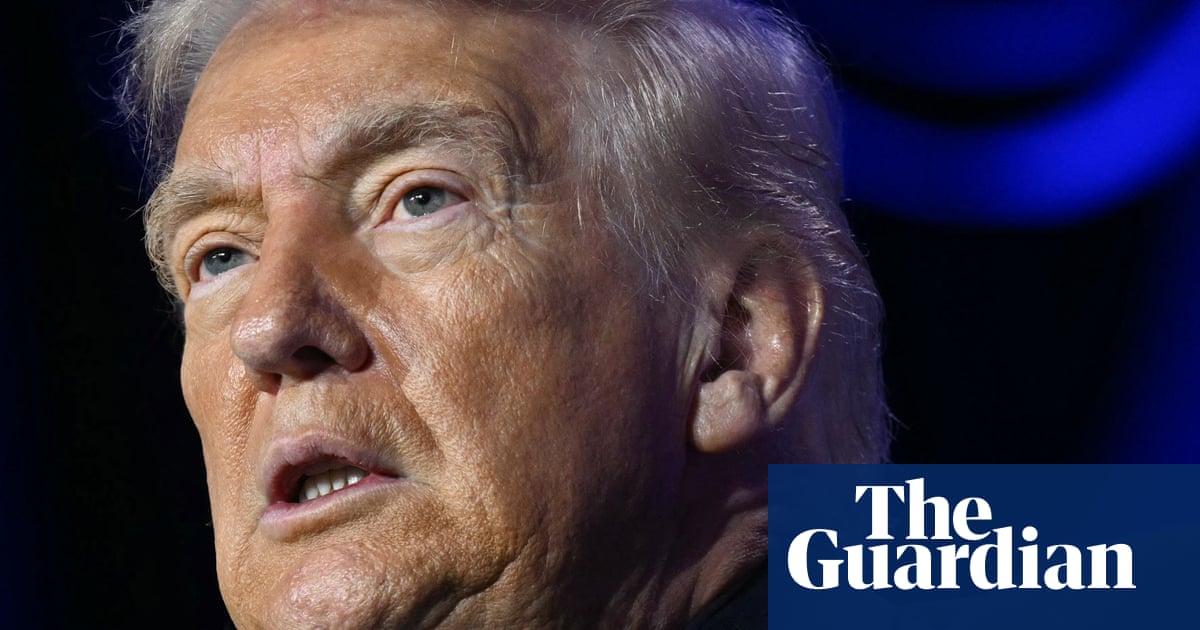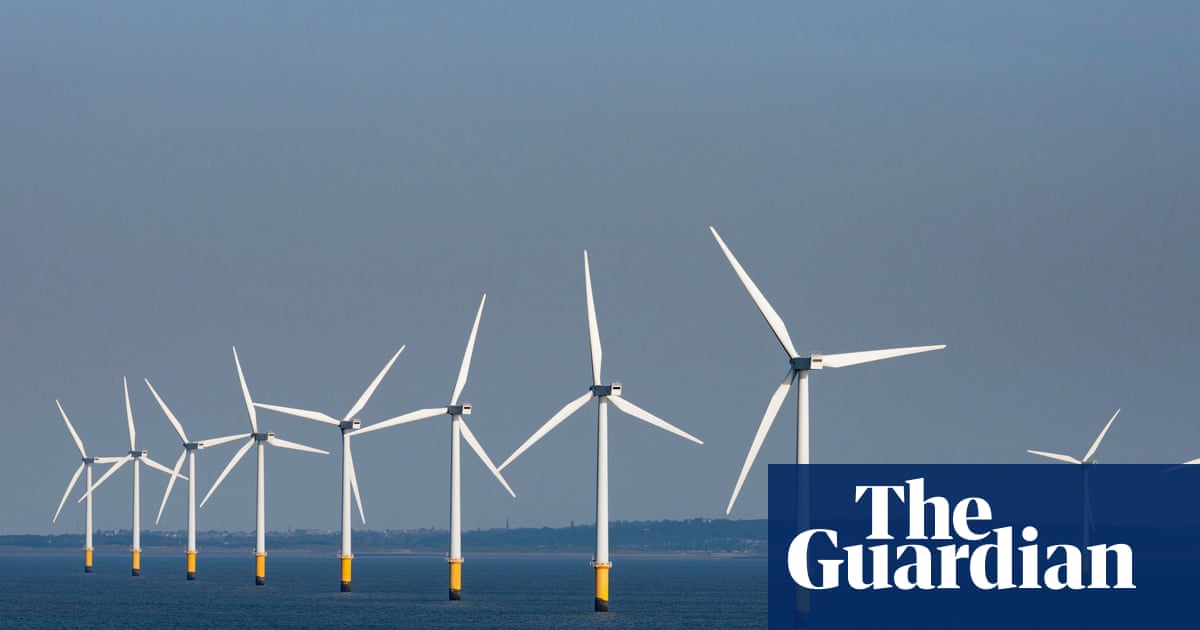In the afterglow of electoral triumph, hope springs renewed for Democrats confined to the frustrating impotence of political opposition.
Boosted by last week’s electoral wins in New York City, Virginia, New Jersey and elsewhere, as well as California’s affirmation of Proposition 50 allowing for congressional redistricting, party members suddenly feel able to dream that future elections may herald an escape route from the Donald Trump era.
Yet the experiences of other countries that have grappled with the rise of rightwing authoritarian or populist movements provide a cautionary antidote to such optimism.
It suggests that even the rosiest Democratic scenario – one that would see the party retake control of (at least) the House of Representatives in next year’s midterms, and win the White House in 2028 – might not be enough to permanently break the feverish intensity of Trump’s Maga movement.
Defeated rightwing populists are capable of mounting electoral comebacks after suffering setbacks at the polls – as Trump himself proved by winning the 2024 presidential election after his defeat to Joe Biden four years had lulled many commentators into mistakenly writing him off.
Three recent elections in east-central Europe attest to the electoral resilience of populist forces, with politicians or parties that had previously been voted out following mass protests returning to office.
In the Czech Republic, the populist ANO party led by the wealthy oligarch, Andrej Babiš, is on the verge of a return to government in a coalition with a far-right anti-immigrant party and a previously fringe anti-environmental grouping after it finished as the biggest bloc in last month’s parliamentary election.
It will mean Babiš returning as prime minister four years after an electoral defeat propelled by conflict of interest scandals, and mass protests against his government that resembled the recent No Kings demonstrations in the US.
His comeback matches that in neighboring Slovakia of Robert Fico, a former socialist who was a guest speaker at this year’s CPAC gathering in Maryland. Fico, an anti-immigration hardliner who has abandoned his country’s support for Ukraine in favour of ties with Russia’s President Vladimir Putin, returned as prime minister in 2023 when his Smer party won an election five years after he resigned following popular street protests sparked by the murder of an investigative journalist.

In another striking resurgence, the candidate of Poland’s rightwing Law and Justice party (PiS), Karol Nawrocki, narrowly won last June’s presidential election against a liberal centrist candidate of the governing Civic Platform, Rafał Trzaskowski, the mayor of Warsaw.
Nawrocki’s victory came less than two years after the nationalist and socially conservative PiS was ousted from power in parliamentary elections by a coalition headed by the Civic Platform.
The PiS revival prompted Anne Applebaum to write in the Atlantic that “all elections are now existential”.
“Small numbers of voters swinging one way or the next will decide the nature of the state, the future of democracy, the independence of the courts,” she added.
Albin Sybera, a Czech commentator, said that although local conditions in all three countries differed, all demonstrated “the resilience of populism”.
“The resilience feeds on similar ingredients and polarization is one common theme,” he said.
“Another is the failure of liberal or centrist parties to find a lasting solution to economic discontent resulting from a rapidly changing economic landscape that has seen traditional manufacturing jobs disappear – a scenario familiar to many parts of the US, as well as former communist states in eastern Europe.
“There is definitely something in common [with the US] in the Czech case and in the Slovak case, to some extent, in the dissatisfaction of the vulnerable parts of the society, in combination with the failure of the liberal political parties to address this,” said Sybera.
“The populist parties are also failing to address it in that they are not offering long-term solutions. But they’re much more successful at exploiting it for electoral support.”
Such parties are further energized by standing for an animating vision – usually a strident view of nationhood harking back to a supposed golden bygone, as exemplified by Trump’s “make America great again” slogan, and often (though not always) bolstered by religious faith and socially conservative values.
“If you look at all the major political forces in western democracies, the only one with any real ideology, any real passion, any real project, is the far right,” said Steven Levitsky, professor of politics at Harvard University and co-author of How Democracies Die.
“The far-left, center-left, liberal-center, Christian Democrats – none of them have a real project. They will unite in their opposition to the far right. But I can’t think of a social democratic party in the world that has people getting up out of bed early Saturday morning to work for the party.”
The erosion of the traditional left versus right political axis in most western democracies provides a further boost to populists. Politics revolves less around traditional arguments about government spending and taxation – although these arguments still take place – than between urban cosmopolitan secularism and more rural traditional nationalism.
“Politics in most western democracies is now primarily cleaved along what you can call cosmopolitan versus populist lines,” said Levitsky. “We call it left-right, but it’s urban-liberal, secular on the one hand, and more rural religious, ethno-nationalist on the other.”
The tendency of centrist and leftist parties to prioritize defending democracy – a core theme of Joe Biden’s presidency and adopted as a campaign issue by Kamala Harris after she became the 2024 Democratic presidential candidate – may also play into the hands of the far right.
Populations the world over may be less motivated by democratic ideals and freedom than previously thought, believes Eric Rubin, a former US ambassador and ex-president of the American Foreign Service Association.
“One of the things I’ve learned from 40 years as an American diplomat is that some of the basic assumptions we grew up with are not necessarily true. Some of them were ideological,” he said.

“The assumption, that people, given a choice, will prefer democracy, they want to elect their own leaders, they want freedom of speech and all the other freedoms – as a default, that’s probably true but there are trade-offs.
“If you ask most people in the world, would you give away some freedom for economic security or prosperity or national security, I think in most countries the answer is yes and it always has been. But I think we convinced ourselves, à la Barack Obama, that the arc of history bends toward progress.”
Such pragmatism fits with another factor explaining the populist bounce-back facility – the growth of anti-incumbency sentiment, particularly prevalent following the Covid-19 pandemic.
“The generalized unpopularity of incumbents hits everybody, not just the liberals,” said Levitsky. “It hits the far right. It affected Trump in 2020. It’s going to affect the Republicans in 2026 and 2028.”
But that assumes that the continuation of an even electoral playing field in the next two election cycles that Democrats suspect Trump is scheming to tilt in Republicans’ favor.
An exception to the trend has been Hungary’s strongman prime minister, Viktor Orbán – who visited Trump at the White House on Friday – and who has won four consecutive elections aided, critics say, by ruthless gerrymandering. But he faces a tough re-election fight next spring as polls show his Fidesz party trailing the main opposition.
Trump has repeatedly hailed Orbán’s illiberal philosophy – characterized by, according to opponents, a takeover of institutions like the courts and universities, buying up independent media by the prime minister’s cronies, and unfair elections – as a model for his own governing style.
Rubin believes the US’s current trajectory has close parallels to Hungary and warned that the combination of a 1929-style crash and a determined ideological project to retain power could pose a dire threat to democracy.
“Don’t assume that this is about winning majorities over to whatever the cause or the plan is,” he said. “It’s about finding a way to keep and seize power regardless of what the majority wants. If you have majority behind you, that’s wonderful, but you don’t need it if you have the levers of power.”

 2 months ago
87
2 months ago
87

















































